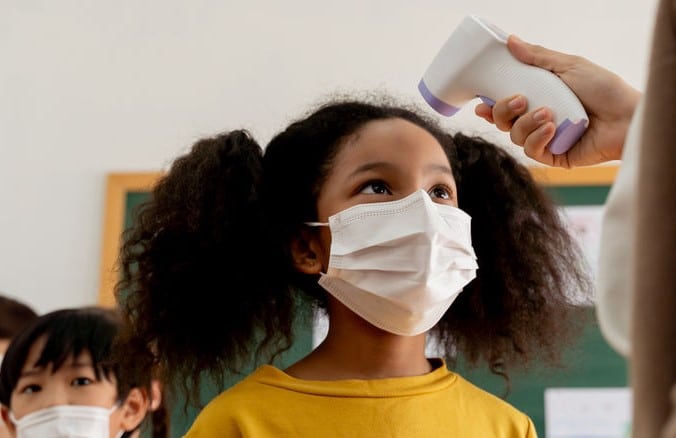
Racism as trauma: A pediatric mental health perspective
- February 15, 2024
- The REACH Institute
- Anti-racism, Assessment & screening, Culturally responsive, Suicide, Trauma
After learning about the alarming rise in suicide rates among Black children and adolescents, Brittainy Erby, MD, set out to understand the impact of racial trauma and how to improve pediatric patient care.

Helping African-American children with mental health issues
- February 16, 2022
- The REACH Institute
- Anti-racism, Child mental health Culturally responsive,
Last week I saw two children, both African American, who were having suicidal thoughts. In neither case did the child or the parents come in asking for mental health support.
One, a 13-year-old girl I’ll call Simone, wrote on her PHQ-9 depression screener that she had attempted suicide. In our interview, she revealed that she had had sex with a man she met online and that she had been cutting herself. Yet the reason she and her parents came in was an ADHD medication check!
Pediatric primary care providers (PCPs) need to realize that African-American families may not seek help for mental health issues. The reasons for the lack of disclosure are rooted in the stigma around mental health in the African-American community. The stigma, in turn, is rooted in the trauma associated with being Black in America.

Helping AAPI patients cope with racism
- April 29, 2021
- The REACH Institute
- Anti-racism, Culturally responsive Pediatric primary care,
Discrimination and hate crimes against people of Asian American and Pacific Islander (AAPI) descent have risen during the COVID-19 pandemic. You may be wondering how you can help your AAPI patients cope with feelings that arise from experiences of racism.

Back to school for special populations
- March 22, 2021
- The REACH Institute
- Anti-racism, Culturally responsive Patient communication,
Although some schools have been open in person for months, some larger districts are just beginning to welcome students back on campus. Children, families, educators, and medical professionals have mixed feelings. To help you support different patient populations as they return to school, we talked to Jennifer Walton, MD, MPH, a co-author of a call for an “URGENT Coordinated Effort to Re-Open Schools” by the National Medical Association (NMA). Dr. Walton is chair of the NMA’s Pediatric Section, an assistant professor of clinical pediatrics at The Ohio State University, and a developmental behavioral pediatrician at Nationwide Children’s Hospital.

How to talk with patients about racism
- June 29, 2020
- The REACH Institute
- Anti-racism, Child mental health Culturally responsive,
Once pediatric primary care providers (PCPs) recognize the importance of having conversations about race with their patients and families, the next question is how to begin.

Your patients need you to talk about race
- June 23, 2020
- The REACH Institute
- Anti-racism, Child mental health Culturally responsive,
“The first thing clinicians need to know about racism and discrimination is how important it is to talk about it.” Open, honest, and effective conversations about race and racism are crucial to young people’s mental health.
Categories
- ADHD
- Anti-racism
- Anxiety
- Assessment & screening
- Autism
- Child mental health
- Coding
- Cognitive behavioral therapy
- College transition
- Culturally responsive
- Depression
- Eating disorders
- Foster care
- Grief
- High-risk children & youth
- LGBTQIA
- Medication
- Parents
- Patient communication
- Pediatric primary care
- School refusal
- Sleep disorders
- Suicide
- Trauma
- Show All Categories
Register for courses
“REACH offered a safe environment to learn and share in It was, and continues to be, a supportive, invigorating process! It was motivating and has increased my confidence in assessment, diagnosis of mental health cases in my day to day life and practice.”
